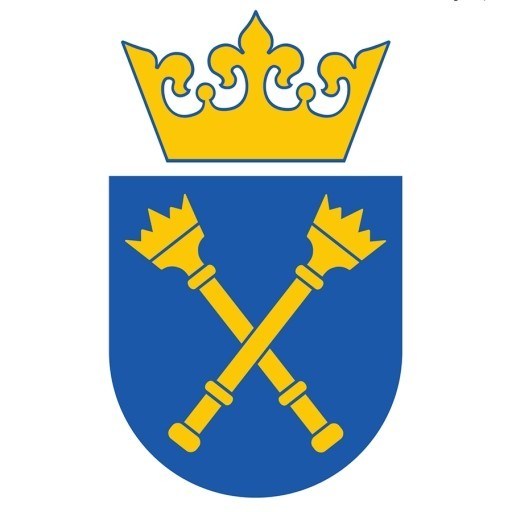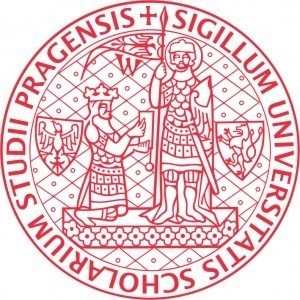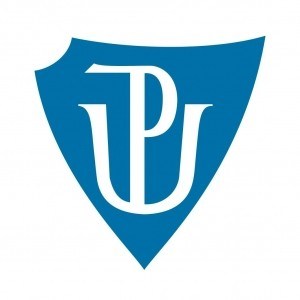Photos of university / #ucl
Orthodontics at University College London offers a comprehensive postgraduate training program designed to develop expert clinicians capable of delivering advanced orthodontic care. This program provides students with a thorough understanding of the biological, clinical, and technical aspects of orthodontics, integrating the latest research findings with practical application. The curriculum encompasses a wide range of topics, including craniofacial development, cephalometric analysis, treatment planning, functional appliances, fixed and removable appliances, clear aligners, and the management of complex malocclusions.
Throughout the course, students engage in a combination of theoretical study, laboratory work, and clinical practice. They gain hands-on experience in diagnosing orthodontic conditions, developing individualized treatment plans, and executing various orthodontic procedures under expert supervision. The program emphasizes evidence-based practice, encouraging students to critically evaluate current research to inform their clinical decisions. Emphasis is also placed on multidisciplinary collaboration, preparing students to work effectively with other dental and healthcare professionals.
The program is delivered through a mix of lectures, seminars, workshops, and clinical training sessions, supported by state-of-the-art facilities and technology. Students have access to cutting-edge orthodontic appliances and digital imaging tools, facilitating a modern approach to patient care. The clinical component involves close supervision by experienced orthodontists, ensuring that graduates are well-prepared to manage a broad spectrum of cases.
Graduates of the program will be equipped with the skills needed to provide high-quality orthodontic treatment in various settings, including specialist practices, hospitals, and academic institutions. They will also develop a strong foundation for careers in academic research or further specialization. The program is committed to fostering a professional outlook, ethical practice, and continuous learning to adapt to the evolving field of orthodontics. Upon successful completion, students earn a recognized postgraduate qualification, supporting their career advancement and contribution to improving patient outcomes in orthodontic care.
The programme aims to equip students with the skills to understand the principles of normal and abnormal facial growth, diagnose malocclusions, identify aetiological factors, develop appropriate treatment plans; appreciate the scope and limitations of orthodontic treatment, treat malocclusions to a high standard of outcome, and to be aware of the factors associated with stability of the result.
Students undertake modules to the value of 360 credits.
In year one, students complete core modules to the value of (150 credits). In year two, students complete core modules to the value of (120 credits) and a dissertation (90 credits).
Core modules
- Principles of Treatment Core Course (Orthodontics)
- Orthodontic Techniques and Clinical Skills
- Orthodontic Techniques and Clinical Skills II
- Orthodontic Techniques and Clinical Skills III
- Orthodontic Techniques and Clinical Skills IV
- Orthodontic Techniques and Clinical Skills V
- Orthodontic Techniques and Clinical Skills VI
- Principles of Treatment Core Course (Orthodontics)
- Orthodontic Clinical Practice I
- Advanced Orthodontic Clinical Practice II
Optional modules
- There are no optional modules for this programme.
Dissertation/report
All students undertake an independent research project which culminates in a dissertation of at least 15,000–18,000 words.
Teaching and learning
The programme is based on the UK General Dental Council Orthodontic curriculum and is delivered through lectures, practical/ technical teaching, clinical seminars, tutorials, self-directed learning, and supervised clinical treatment of patients.
Entrance Requirements: Applicants must have a first or upper second class Bachelor's degree in Dentistry or equivalent qualification recognised by the General Dental Council. A relevant postgraduate diploma or evidence of clinical experience in orthodontics is preferred. Candidates are required to demonstrate a good command of English, typically evidenced by a minimum IELTS score of 7.0 overall with at least 6.5 in all components, or equivalent. Prior clinical experience in orthodontics or related fields is advantageous, along with a strong academic track record. Applicants should submit a completed application form, a personal statement outlining their interest and previous experience in orthodontics, and references from academic or professional contacts familiar with their work. Selection is competitive, and shortlisted candidates may be invited for interview and assessment to demonstrate their suitability and commitment to the programme. Additional requirements may include a portfolio of relevant work or research publications if applicable. The program is designed for qualified dentists wishing to specialise further and develop advanced skills in orthodontics, thus candidates should exhibit a strong motivation for lifelong learning and a commitment to clinical excellence. It is also recommended that applicants have current registration with the General Dental Council or equivalent regulatory body, and be engaged in clinical practice or research aligned with orthodontics. The programme aims to equip students with both theoretical knowledge and practical skills necessary for specialist orthodontic practice, including the latest techniques and evidence-based approaches.
The financing of the Orthodontics postgraduate program at University College London is primarily structured around a combination of government funding, student loans, and personal or employer sponsorships. UK residents and citizens typically have access to the Student Loans Company (SLC), which offers loan schemes to cover tuition fees and living costs. These loans are repayable after graduation, based on income levels, and are subject to annual and total borrowing limits. International students, on the other hand, often need to secure private funding, sponsorships, or scholarships, as government-supported loans are generally not available to them. UCL provides a range of scholarships and bursaries for eligible students, which may include merit-based awards, health sector specific scholarships, or those aimed at global students.
Funding may also be supplemented through institutional financial aid programs. Prospective students are encouraged to explore external funding sources, such as professional associations related to orthodontics, dental health charities, or international funding bodies that support postgraduate healthcare specialization. Students should consider planning their finances well in advance, taking into account tuition fees which, as of the last update, are segmented for domestic and international students and are subject to annual review. The university also offers guidance on applying for financing options through its dedicated financial aid offices and online portals.
For dental professionals or students already practicing dentistry, some funding options might include employer sponsorship or study leave arrangements, especially when the program directly enhances their professional skills. Additionally, research grants and project funding might be available for students involved in clinical or academic research components of the program. Overall, financing is a personalized affair depending on the student's residency status, funding eligibility, and personal financial situation. Interested applicants should consult UCL's official financial aid and scholarships webpage and contact the student financial services for detailed, up-to-date information and tailored advice.
The Orthodontics program at University College London is a highly specialized postgraduate course designed for dental practitioners seeking to develop advanced skills in the diagnosis, prevention, and correction of malocclusions and dental irregularities. This program provides comprehensive training in both the theoretical foundations and practical applications of modern orthodontic techniques, integrating evidence-based approaches with clinical expertise. Throughout the course, students engage with a broad curriculum that covers topics such as craniofacial growth and development, orthodontic biomechanics, diagnostic imaging, and orthodontic appliances. The program emphasizes multidisciplinary collaboration, encouraging students to work alongside specialists in maxillofacial surgery, restorative dentistry, and craniofacial research.
Students benefit from teaching delivered by leading clinicians and academics in the field, utilizing state-of-the-art facilities and clinical opportunities to enhance their hands-on skills. The program's structure includes taught modules, practical clinical sessions, and research components, enabling students to critically evaluate current literature, participate in research projects, and contribute to advancements in orthodontic practice. Graduates of this program are equipped to pursue careers in specialist orthodontic practice, academia, or research institutions. The UCL orthodontics program aligns with the university's reputation for pioneering dental research and education, fostering a dynamic learning environment that prepares students to meet contemporary orthodontic challenges with confidence and innovation.









